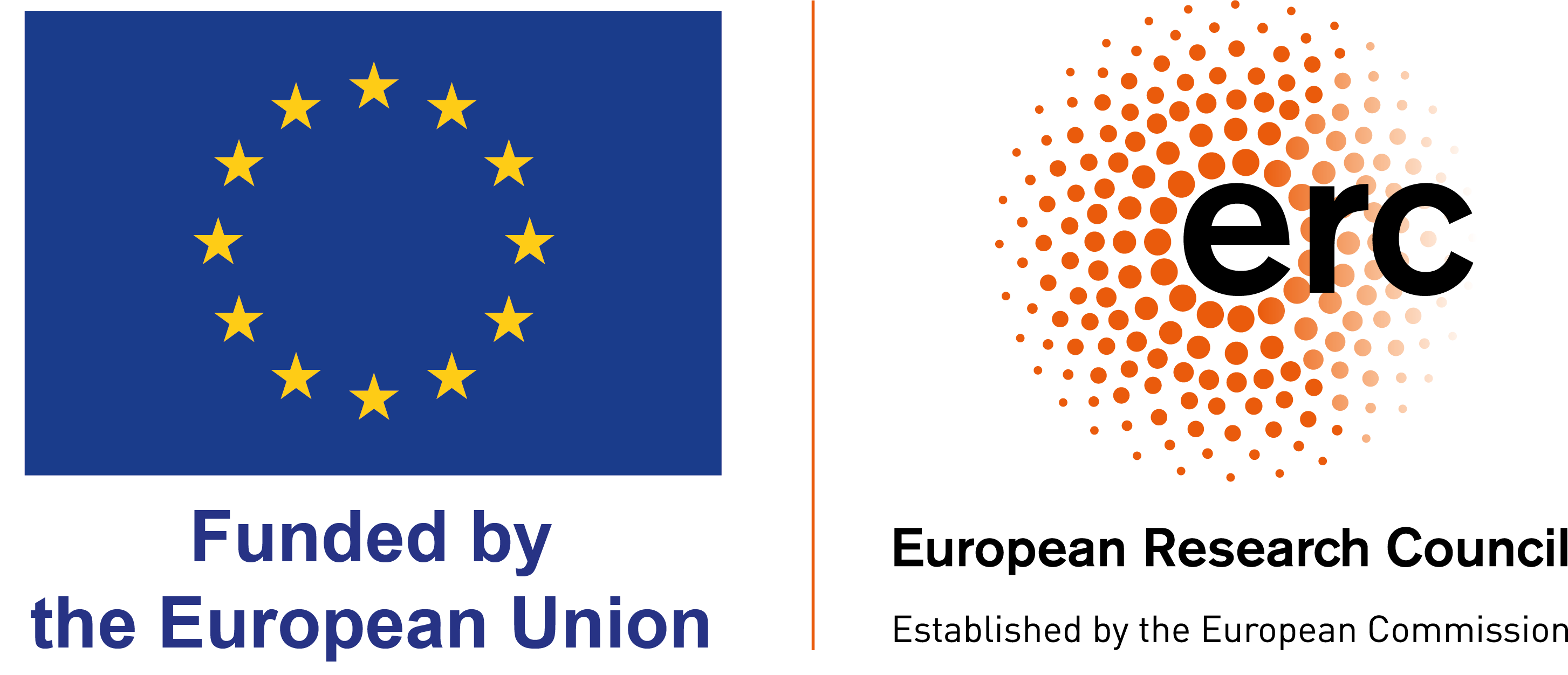WARNING: for hotel bookings do not give your data to any external services upon email request; there are known cases of fraud
Understanding thermalization dynamics of QCD in ultrarelativistic nuclear collisions at RHIC and LHC is a largely open question of fundamental importance. Current theoretical understanding is based on progress in simulating time evolution of non-Abelian gauge theories that occurred over the past 15 years. The emerging theoretical picture features prominently two attractor phenomena governing information loss about earlier stages of post-collision evolution of nuclear matter: nonthermal fixed points and hydrodynamic attractors. The first aim of the workshop is to decisively advance the topic of thermalization in ultrarelativistic collisions by discussing cutting edge ideas allowing to extend the attractor-based picture of thermalization beyond its current limitations. The second aim of the workshop is to facilitate interdisciplinary exchange of ideas between the communities of nonthermal fixed points, hydrodynamic attractors and cold quantum gases, which provided a platform to experimentally realize nonthermal fixed points and may realize hydrodynamic attractors in the future.
Speakers include
-
Yi Yin The (Chinese University of Hong Kong - Shenzhen)
-
Kirill Boguslavski (Technical University Vienna, Austria)
-
Ines Aniceto (University of Southampton, UK)
-
Aleksas Mazeliauskas (Heidelberg University, Germany)
-
Zoran Hadzibabic (Cambridge University, UK)
-
Derek Teaney (Stony Brook University, USA)
-
Li Yan (Fudan University, China)
-
Paul Romatschke (University of Colorado, USA)
-
Jean-Paul Blaizot (CEA Saclay, France)
-
Gabriel Denicol (Universidade Federal Fluminense, Brasil)
-
Markus Oberthaler (Heidelberg University, Germany)
-
Tilman Enss (Heidelberg University)
-
Thomas Gasenzer (Heidelberg University)
-
Sebastian Erne (TU Vienna)
________________________________________________________________
Supporting institutions and projects

